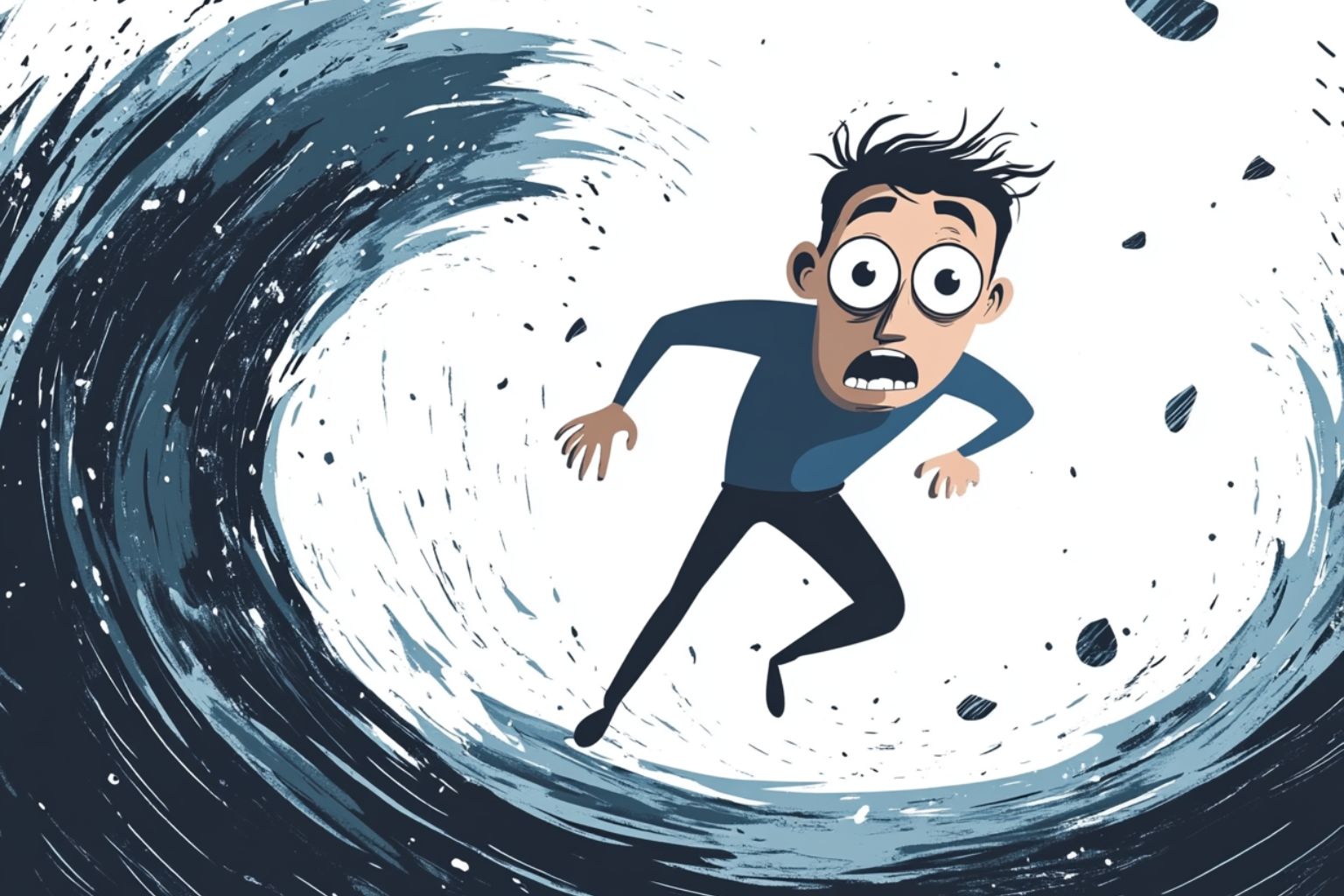Travel
Is it safe to travel this fall? Maybe not

Like many Americans, I’m traveling this fall. And like many Americans, I’m wondering: Is it safe to travel this fall?
It all depends, experts say.
“This fall, there are a few things travelers should be concerned about from a safety standpoint,” notes John Gobbels, chief operating officer of Medjet.
For example:
- Have you seen the “TOURISTS GO HOME” signs in Europe this summer? Some popular destinations are slamming the door in our faces, fearful that too many tourists will destroy their cities. It’s a valid concern, but you don’t want to be caught in the middle of that.
- Instability is on the rise. The wars in the Middle East and Ukraine are more complicated than ever and unlikely to be resolved by this fall. In fact, the war in Gaza is threatening to spread to other parts of the region, potentially complicating travel to destinations now considered safe.
- The U.S. elections aren’t helping. This presidential race may be the most contentious one in recent memory, which could affect your safety. “Americans should be mindful of local feelings toward them, and have a plan if negative sentiments actually start to feel threatening to their safety,” says Gobbels.
In other words, if you’re taking a short, domestic trip, there’s nothing extraordinary awaiting you. But if you’re going abroad, things may get interesting this fall.
“It’s going to be a relatively normal travel pattern,” says John Rose, chief risk and security officer for ALTOUR, a travel management company. But you will still need to take some precautions.
Here’s where I’m headed this fall — and why I’m a little nervous
I’m on the road 365 days a year, which means I think about travel safety constantly. I’m planning to be in several destinations this fall and frankly, I’m a little worried.
Here’s what I’m doing to stay safe:
- I’m starting my itinerary in Dublin, which has a fairly good reputation for safety — although there are parts of the city that I would be wise to avoid. I plan to spend most of my time working in my apartment and sightseeing in all the popular attractions. Tourist traps with lots of foreign visitors can be scary because they attract petty thieves and criminals, so careful planning is a must.
- I’ll also be in Istanbul — a city with a reasonable safety record unless you are stupid. And by “stupid” I mean accepting an invitation to a bar from a friendly stranger and then getting suckered into buying overpriced drinks, which is a well-known scam. I’m also wary of discussing politics and religion of any kind in Turkey. If I keep my head down, I should be absolutely fine.
- My final stop this fall is Doha, Qatar. I visited this place during the pandemic, just as it was gearing up to the World Cup, and I found that it was one of the safest places on the planet. I will be there during the U.S. presidential election, and I have promised myself that if asked about Trump or Harris, I will immediately change the subject to the weather.
So when it comes to safety, I’m right there with you. And I’m a little worried, too.
Pro advice for staying safe when you travel this fall
You can avoid dangerous situations this fall by following these simple tips from security experts.
Research your destination very carefully
Don’t book a trip somewhere without doing your homework, even if you’ve been there many times. Things change, says Jeremy Murchland, CEO of Seven Corners. “Something that should be top of mind for every savvy traveler is what is happening politically at your destination,” he adds. “From overtourism protests to election cycles to labor strikes, current events can impact your ability to travel. In extreme circumstances, they also can put you at higher risk than normal.” Seven Corners has been monitoring the security situation, and Murchland says he’s noticed an increase in tensions heading into the fall travel season.
Make a plan and follow it
Once you know what potential dangers you face, you’ll need to come up with a plan, according to Carrie Hartman, president of the global business travel and relocation platform 3Sixty. For example, consider this fall’s predicted hyperactive hurricane season. “Having an emergency plan in place — including knowledge of local shelters and emergency contacts — can literally be lifesaving,” she says. Don’t wait until you arrive before coming up with a plan, because by then it might be too late.
Stay away from politics
As tempting as it might be to talk about your favorite candidate, don’t. “The presidential election in the United States is looked at very negatively in most of the world, regardless of which side of the political spectrum you might fall on,” says Rose, the ALTOUR security expert. “Because of this, it’s highly advisable to refrain from any political discussions, especially about the countries that you’re visiting. Visitors can actually be jailed in some countries for creating a discussion on that country’s politics, especially if they consider it to be negative in tone.”
Stay safe this fall
Bottom line: You can stay safe by taking a few simple steps — and avoiding dangerous places. And there are also a few new tricks that will help you stay out of trouble.
“While it’s impossible to eliminate all risks completely, there are proven ways to significantly mitigate them,” says Daniel Durazo, director of external communications at Allianz Partners USA.
Allianz has released a new version of Allyz TravelSmart, its travel app, that has dedicated safety alerts. Anyone can download and use the app, which also offers a hospital finder to quickly point you in the direction of a nearby healthcare facility, and a medical dictionary.
Also, if you don’t mind letting the government know where you’ll be, you can register for the State Department’s Smart Traveler Enrollment Program (STEP). It’s a free service that allows U.S. citizens and nationals traveling abroad to enroll their trip with the nearest U.S. embassy or consulate. The State Department will notify you if there’s a problem at your destination and may be able to offer assistance.
So is it safe to travel this fall? Yes — as long as you take a few common-sense precautions.









